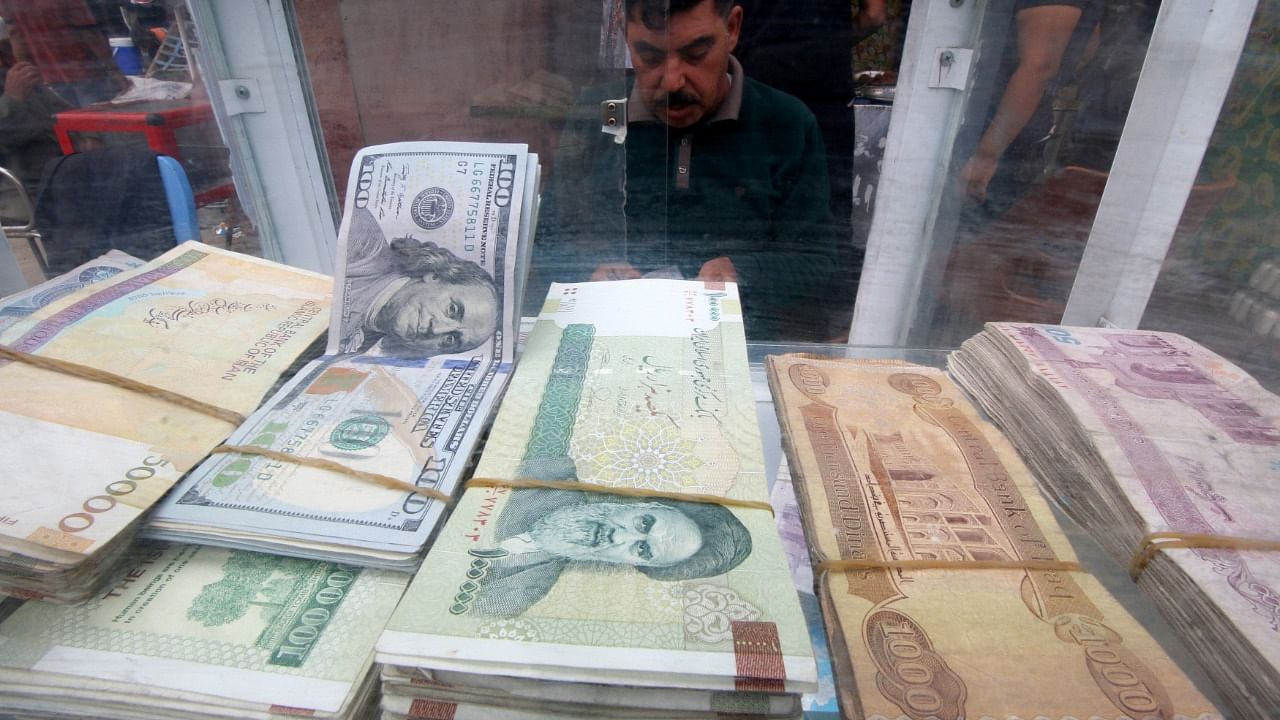
Amid the critical emerging geopolitical condition, Iran is ready to meet the energy security of India by launching rupee-rial trade for the export of oil and gas to India.
According to Dr Ali Chegeni, Ambassador of the Islamic Republic of Iran in New Delhi, the two countries share a cordial relationship and a Rupee-Rial trade mechanism can help companies from both countries to deal with each other directly and avoid third-party intermediation costs.
“Iran is also willing to work closely with India to revive and find alternative routes for the stalled land pipeline project for transporting natural gas to India. India could not go ahead with the proposed Iran-Pakistan-India gas pipeline project because of security reasons,” Dr Chegeni was quoted saying in a press statement.
Dr Chegani was speaking at an interactive meeting organised jointly by the World Trade Center, Mumbai and All India Association of Industries (AIAI), on Thursday.
In his welcome remarks, Dr Vijay Kalantri, Chairman, MVIRDC World Trade Center Mumbai said, “In this post-Covid-19 world when the global supply chain is reshaping, India should rework its trade relation with Iran for the benefit of business communities on both sides. The Chabahar port can be a golden gateway for Indian trade to Eurasian countries and Europe. Both the countries should facilitate seamless movement of cargoes through Chabahar port.”
Speaking about bilateral trade, Dr Ali Chegeni said, “Official record shows that trade between India and Iran has declined sharply from US $17 billion in 2018-19 to less than US $2 billion in the current financial year because of sanctions.”
However, actual trade could be at least six times more than what is reflected in the official number, as a lot of transactions are not reported officially. If both countries launch a rupee-rial trade mechanism, our bilateral trade volume could grow to US $30 billion, the Iranian envoy said.
Dr Chegeni informed that India and Iran have many complementarities as Iran is a major producer of urea, petrochemicals, organic fruits, which are generally imported by India.
According to him, Iran can meet the import needs of more than 260 products, right from urea to petrochemicals where India is import-dependent. Similarly, India is a major producer of agro commodities, pharmaceuticals, iron and steel, and automobiles, clinkers, cement, etc. which are imported by Iran. To promote the exchange of businessmen, tourists, and students, Iran has introduced a paperless, electronic multiple visa issuance system for Indians, the Ambassador pointed out.
Check out latest videos from DH: